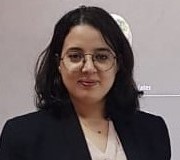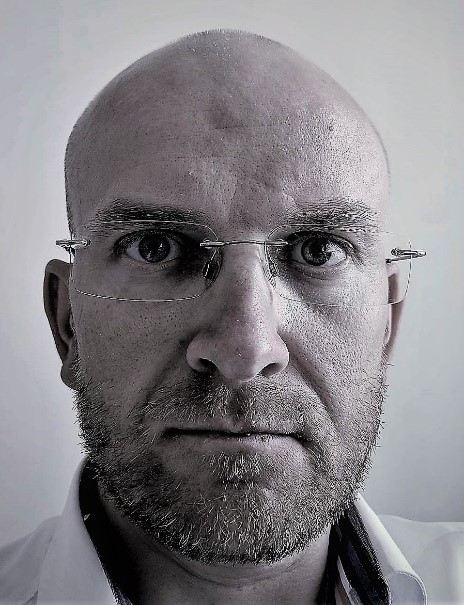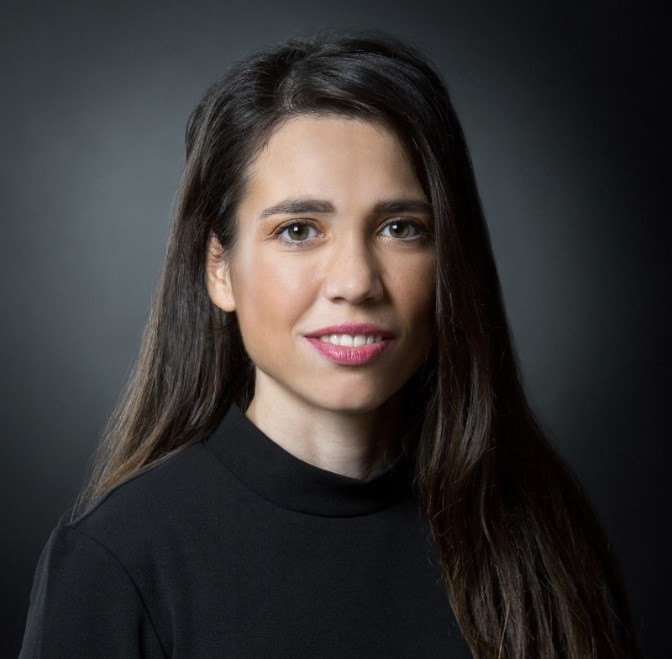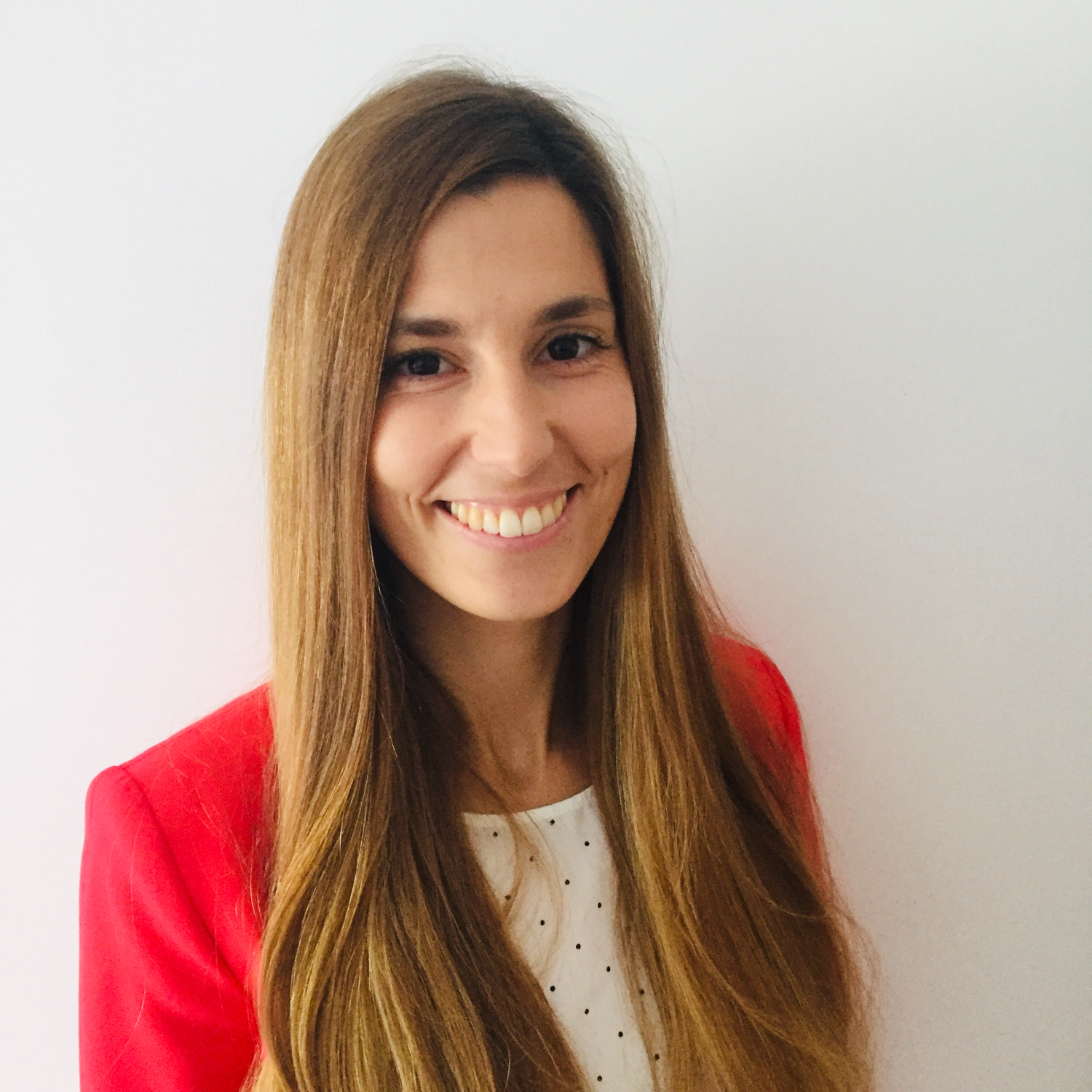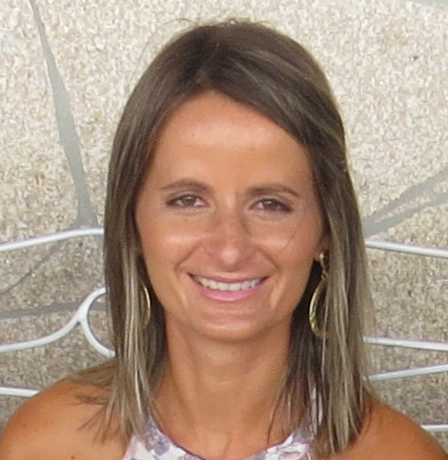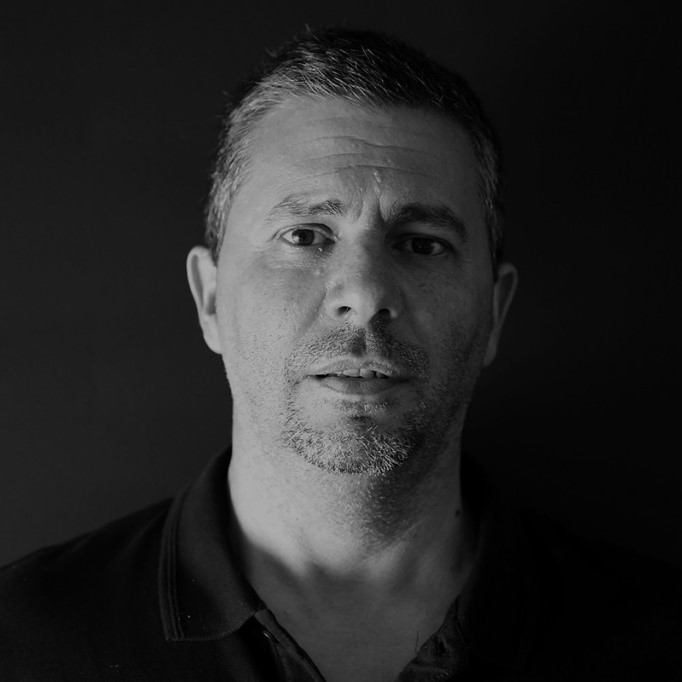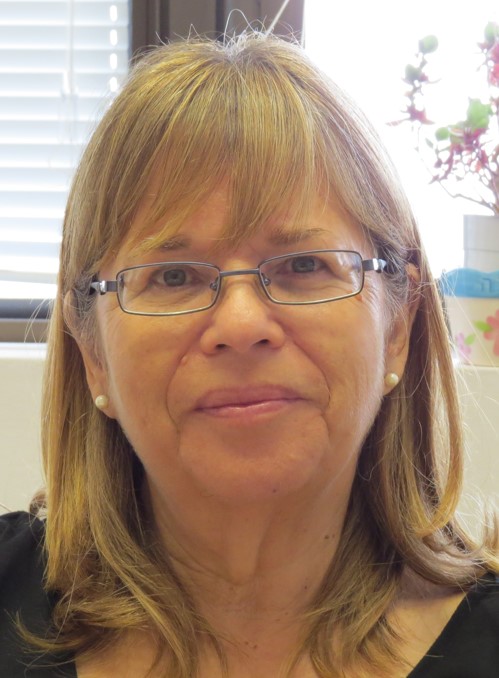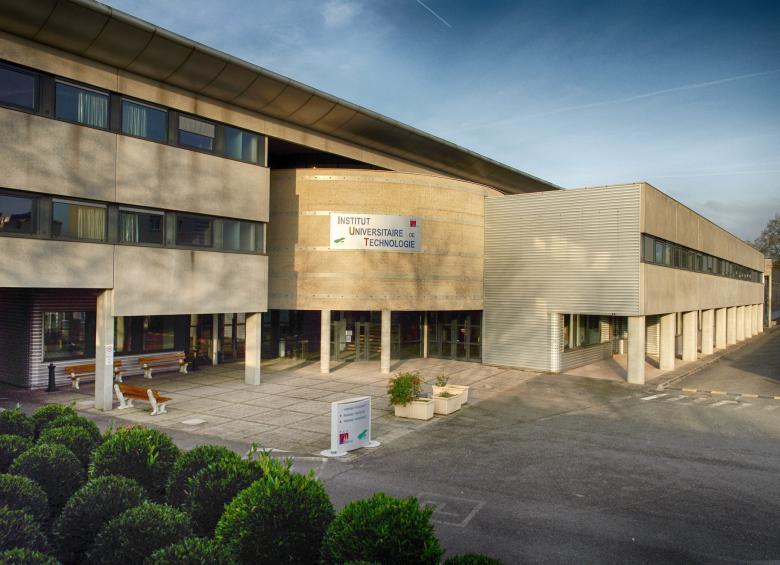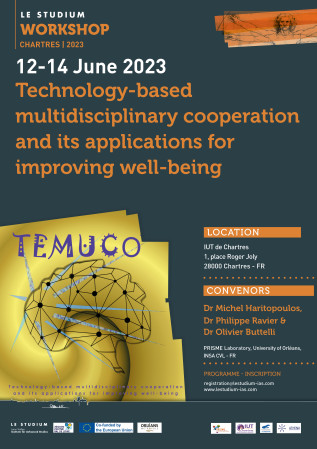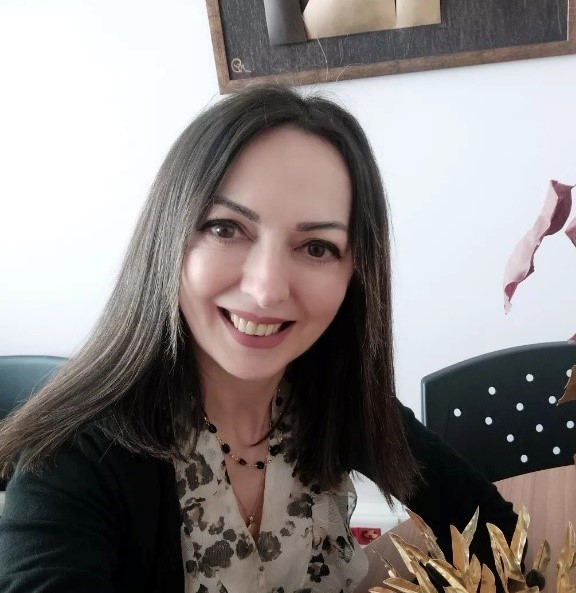
Hellenic Mediterranean University
Estavromenos, 71410, Heraklion, Crete - GR
Email: akalaitzaki@hmu.gr
Phone: (+) 6944630891
Argyroula Kalaitzaki (BA, MSc, Ph.D., CPsychol), female, is an Associate Professor of Clinical Psychology, head of the Social Work Department, head of the Quality of Life Lab, and head of the MSc “Interdisciplinary Management of Chronic Diseases, Disability, and Ageing” at the Hellenic Mediterranean University, Greece. She has published many peer-reviewed papers and chapters in books, co-authored and co-edited books, and has had many national and international conference presentations. She has participated in and led many research projects and has over 20 years of educational experience. Her research interests include, among others, interpersonal relationships, social networks/capital, violence and aggression, aging, dementia, and Alzheimer’s disease, and recently Positive Psychology.
The “Empowered” project: Enhancing self-management of chronic diseases.
Background. As the average life expectancy increases, new methods and tools need to be developed to help elderly people effectively manage their diseases and remain independent and active for longer.
Aim. The aim of the “Empowered” project was to enhance disease self-management skills through IoT and technology tools by both caregivers (i.e., nurses) and elders suffering from heart failure, diabetes mellitus, or chronic obstructive pulmonary disease. Specifically, it aimed at developing a smart, mobile, digital personal health management assistant (Healthier platform) with a monitoring system and effective communication mechanism and tools to transmit the necessary data to patients and nurses.
Methods. An analysis of nurses and patients’ self-management needs through technology was carried out. The findings guided the development of a platform, through which the caregiver monitors the patient's health progress in real-time by receiving targeted information. Two apps were also created, a smart, portable, personal health self-management assistant for the patients and a remote patient monitoring and data management assistant for the caregivers. The platform and the apps were tested in a pilot study on 53 patients and 8 nurses for 15 days (after receiving appropriate training) and were then finalized.
Results. The majority of the nurses reported satisfaction with the platform (87.5%) and willingness to incorporate it into their daily practice (75%). They believed that similar platforms with IoT devices improve the quality of services provided to the patients (87.5%), decrease the time needed to devote to them (87.5%), and achieve better planning of the interventions (75%). The platform was reportedly easy to use (100%). Nurses believed that 75% of the patients were satisfied with the app and 87.5% of them improved compliance.
Conclusions. The Healthier platform can be a useful tool in improving communication between the patient and the caregiver/nurse, increasing patient compliance, and enhancing self-management skills.

